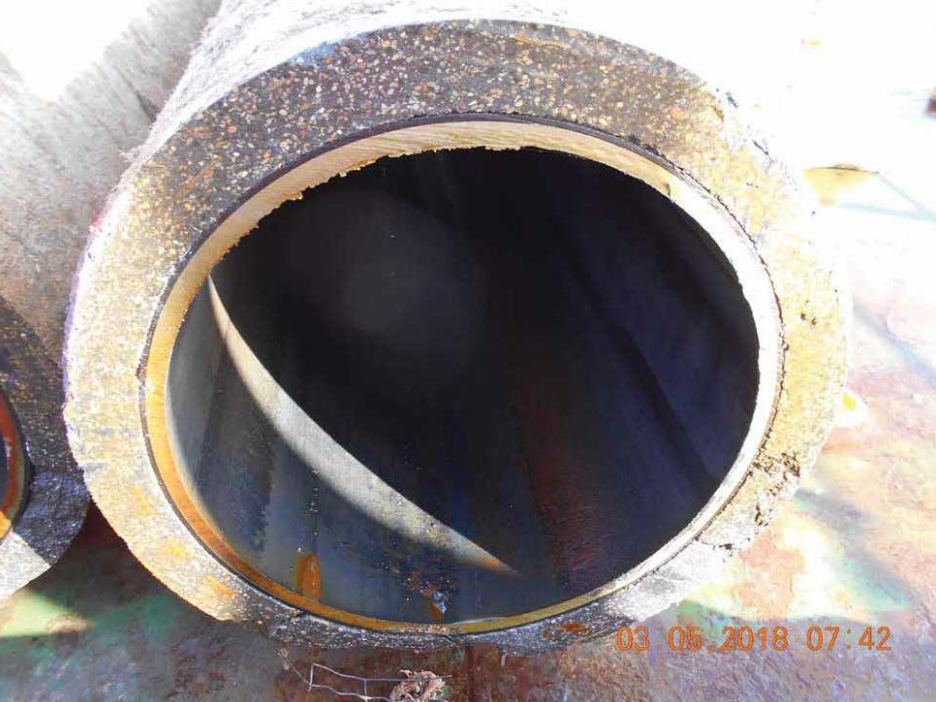
A malfunctioning “pig” used to assess the condition of a pipeline could delay Independent Oil and Gas’s efforts to develop its southern North Sea assets.
The pig which was checking a 37 mile stretch of the Thames pipeline from a point offshore to the Bacton terminal last month.
On arrival, it became clear that the device was faulty and had not gathered enough data for a conclusive assessment.
A second intelligent pigging run will be undertaken in the next few weeks.
Independent said it had advised the Oil and Gas Authority that it would require a short extension on the field development plan (FDP) approval target date, which currently falls at the end of August.
But the London-listed company said the early signs were positive for Thames, which it purchased earlier this year.
The pipeline was shown to be in good condition by three sample sections which were cut offshore.
Two pressure tests have also proved a success.
The pipeline is expected to play a key role in Independent’s development of several fields in the gas basin. It intends to export gas from the Blythe and Vulcan Satellite hubs to the Bacton Terminal via the Thames pipeline. Blythe and Vulcan are expected to produce 180million cubic feet per day once they reach their peak.
Independent chief executive Andrew Hockey said: “The intelligent pigging programme has so far provided extensive and valuable new information to the Independent Oil and Gas team to support our plans to recommission the fully-owned Thames Pipeline and produce our proven and probable reserves of over 300 billion cubic feet safely into the Bacton gas terminal and the UK market.
“We are very pleased with the two successful pressure tests, several pig runs in both directions through the line, and the excellent condition of the sections extracted to shore as shown in the attached images.
While this gives us even greater assurance on the pipeline’s fitness for purpose, we do still require the intelligent pigging data acquisition to be fully and properly completed.
“We are now fast-tracking plans to have this done as soon as possible, while our other project development workstreams continue in parallel to maintain our good momentum towards FDP approvals for this substantial UK gas project.
“The successful completion of our four-month offshore survey programme, which has provided a wealth of required data, is also a key step in that regard.

